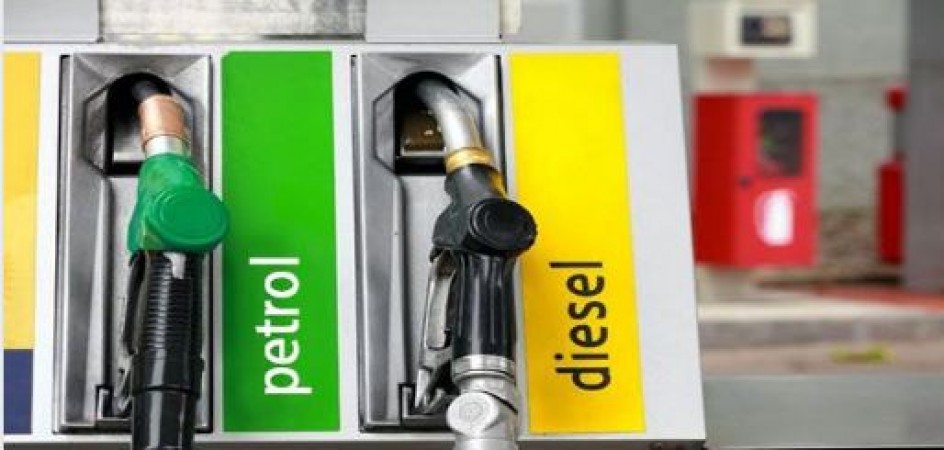
Oil companies are facing significant losses on diesel, nearing Rs 3 per liter, while profits on petrol have also declined due to recent increases in international oil prices, according to industry sources. Indian Oil Corporation (IOC), Bharat Petroleum Corporation Ltd (BPCL), and Hindustan Petroleum Corporation Ltd (HPCL), which collectively dominate about 90% of India's fuel market, have refrained from adjusting prices for petrol, diesel, and cooking gas (LPG) for nearly two years now. This decision has resulted in losses during periods of higher input costs and reduced profits when raw material prices were lower.
International oil prices, which serve as the benchmark for domestic rates as India heavily relies on imports to fulfill its oil requirements, had softened towards the end of last year but surged again in the latter half of January. Despite calls to revert to daily price adjustments and pass on the decline in rates to consumers, fuel retailers have cited extreme volatility in prices as a reason for maintaining the status quo. They argue that prices fluctuate significantly, making it difficult to recoup past losses.
An industry official revealed that losses on diesel are currently significant, amounting to nearly Rs 3 per liter. Additionally, profit margins on petrol have decreased from low double digits to around Rs 3-4 per liter. Despite these challenges, the combined net profit of IOC, BPCL, and HPCL for the first nine months of the current fiscal year exceeded their annual earnings in the pre-oil crisis year, as per regulatory filings.
The firms had incurred a combined net loss of Rs 21,201.18 crore during the April-September 2022 period, despite accounting for the Rs 22,000 crore LPG subsidy announced but not paid for the previous two years. Subsequent softening of international prices and government subsidies helped IOC and BPCL post annualized profits for the fiscal year 2022-23, while HPCL remained in the red.
This fiscal year has seen a dramatic shift. The three firms reported record quarterly earnings in the first two quarters, when international oil prices almost halved to USD 72 a barrel compared to a year ago. However, prices rose again in the subsequent quarter to USD 90, leading to a moderation in their earnings.
The fuel price freeze, initiated on April 6, 2022, resulted in significant losses, reaching Rs 17.4 per liter on petrol and Rs 27.7 per liter on diesel for the week ending June 24, 2022. However, subsequent softening of prices helped eliminate these losses. Last month, the three firms reported a margin of Rs 11 per liter on petrol and Rs 6 on diesel.
International oil prices have experienced turbulence over the past couple of years, dipping into the negative zone at the onset of the pandemic in 2020 and reaching a 14-year high of nearly USD 140 per barrel in March 2022 following Russia's invasion of Ukraine. However, concerns over weaker demand from major importer China and fears of an economic downturn led to a decline in prices.
For a nation heavily dependent on imports, such fluctuations have exacerbated inflation levels and hindered economic recovery from the pandemic. Consequently, fuel retailers have frozen petrol and diesel prices for the longest duration in the last two decades, discontinuing daily price revisions in early November 2021 when rates hit an all-time high nationwide. The government later rolled back a portion of the excise duty hike imposed during the pandemic to capitalize on lower oil prices.
Although the freeze continued into 2022, the surge in international oil prices prompted a Rs 10 per liter hike in petrol and diesel prices starting mid-March 2022. Subsequently, another round of excise duty cuts reversed all previous increases, totaling Rs 13 per liter for petrol and Rs 16 per liter for diesel during the pandemic.